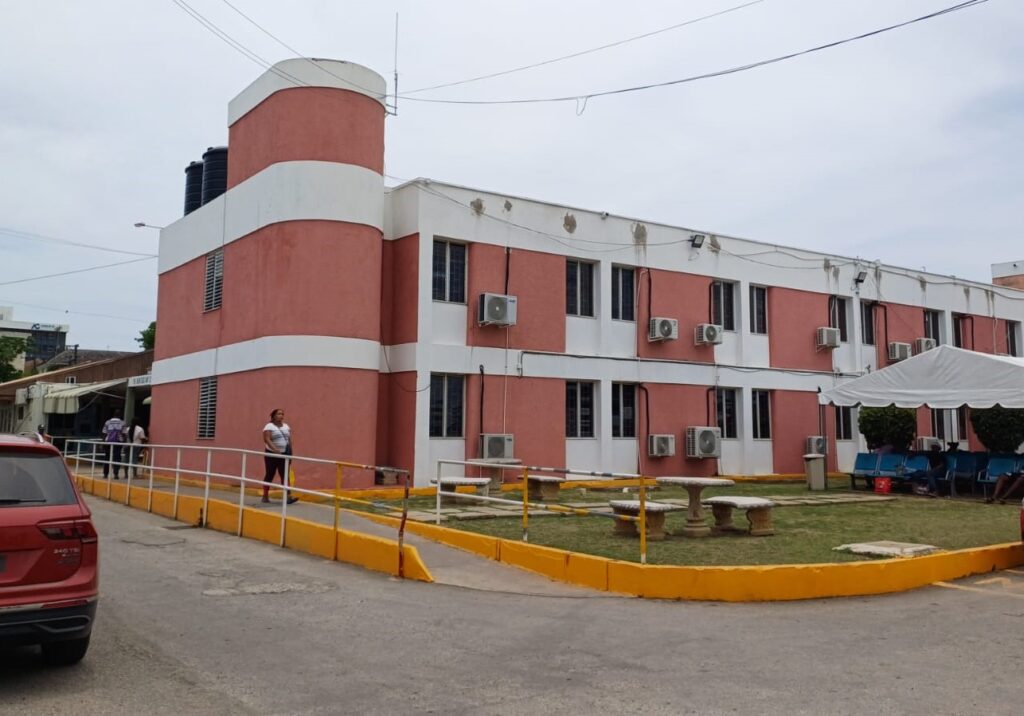Gaza on the Brink: UN Urges Massive Aid to Prevent Health Disaster Amid Limited Ceasefire

The humanitarian situation in Gaza is rapidly deteriorating, with the United Nations warning of a looming health crisis if “vast amounts of aid” aren’t delivered immediately. UN Aid Chief Tom Fletcher issued this stark warning as Israel implemented limited, 10-hour daily pauses in fighting to allow for some humanitarian access. But is it enough?
A Dire Situation
Gaza's healthcare system, already strained by years of blockade and conflict, is now teetering on the edge of collapse. Hospitals are overwhelmed, running critically low on essential medicines, medical supplies, and fuel to power generators – vital for keeping life-saving equipment operational. Clean water and sanitation are also severely lacking, dramatically increasing the risk of disease outbreaks.
“The scale of the needs is simply staggering,” Fletcher stated. “We’re talking about hundreds of thousands of people desperately in need of food, water, medical care, and shelter. Without a significant and sustained increase in aid, we risk a catastrophic health crisis that will compound the already immense suffering.”
Limited Ceasefire: A Glimmer of Hope?
Israel’s decision to introduce these daily pauses in fighting represents a small step towards easing the humanitarian burden. These windows offer a crucial opportunity for aid trucks to enter Gaza and deliver desperately needed supplies. However, aid organizations are stressing that these pauses are insufficient to address the scale of the crisis. The short timeframe and ongoing security concerns significantly hamper the ability to effectively distribute aid across the densely populated territory.
“Ten hours is simply not enough,” said a representative from Médecins Sans Frontières (Doctors Without Borders). “We need longer, more predictable pauses, and guarantees of safe passage for humanitarian workers to reach those most in need. The current situation is not sustainable.”
What’s Needed?
- Increased Aid Volume: The UN is calling for a massive surge in aid deliveries, including food, water, medical supplies, and shelter materials.
- Sustained Access: Longer and more reliable ceasefires are essential to allow aid organizations to operate effectively and reach all areas of Gaza.
- Safe Passage: Guarantees of safe passage for humanitarian workers and aid convoys are crucial to prevent further loss of life.
- Border Openings: Opening additional border crossings into Gaza would significantly expedite the delivery of aid.
- Fuel: The immediate provision of fuel is critical to power hospitals and other essential services.
The Broader Context
The ongoing conflict between Israel and Hamas has resulted in a devastating humanitarian crisis in Gaza. The blockade, which has been in place for years, has severely restricted the movement of people and goods, contributing to the already dire conditions. The current escalation has only exacerbated these challenges, leaving millions of Palestinians facing unimaginable hardship. International pressure is mounting on all parties to prioritize the protection of civilians and ensure the unimpeded flow of humanitarian aid.
Looking Ahead
The situation in Gaza remains incredibly fragile. While the limited ceasefire offers a glimmer of hope, a sustainable solution requires a long-term commitment to addressing the root causes of the conflict and ensuring the well-being of all civilians. The international community must step up its efforts to provide humanitarian assistance and work towards a lasting peace.






